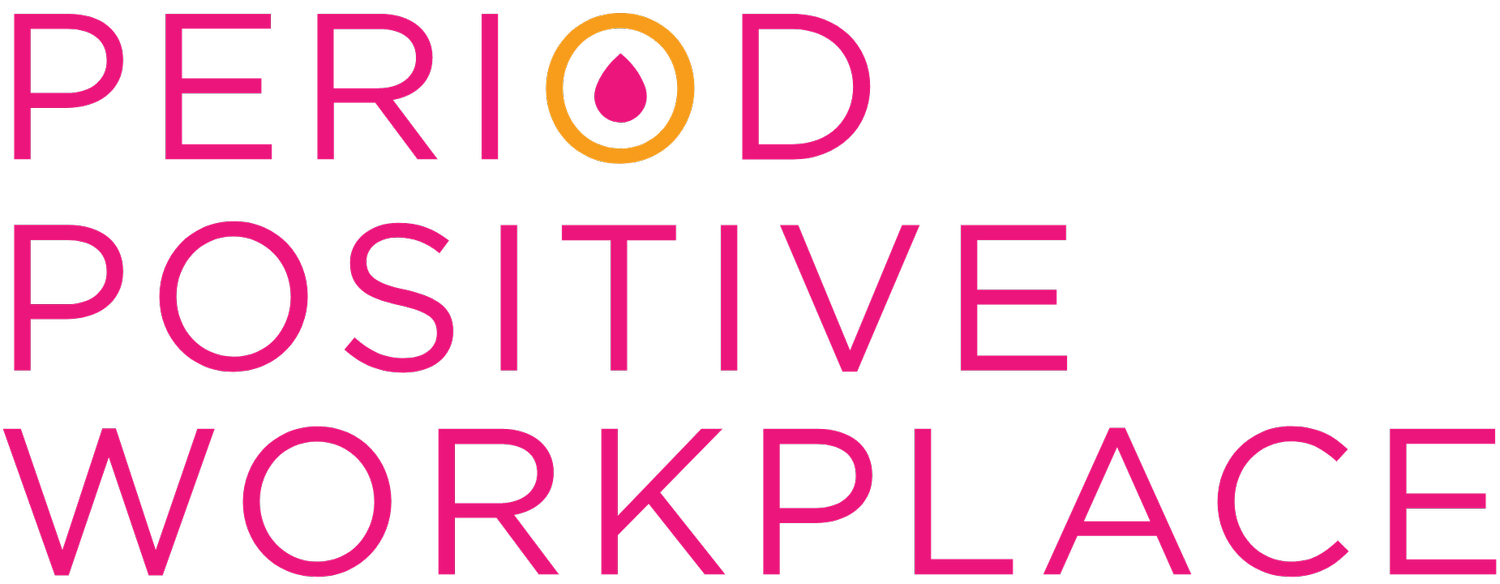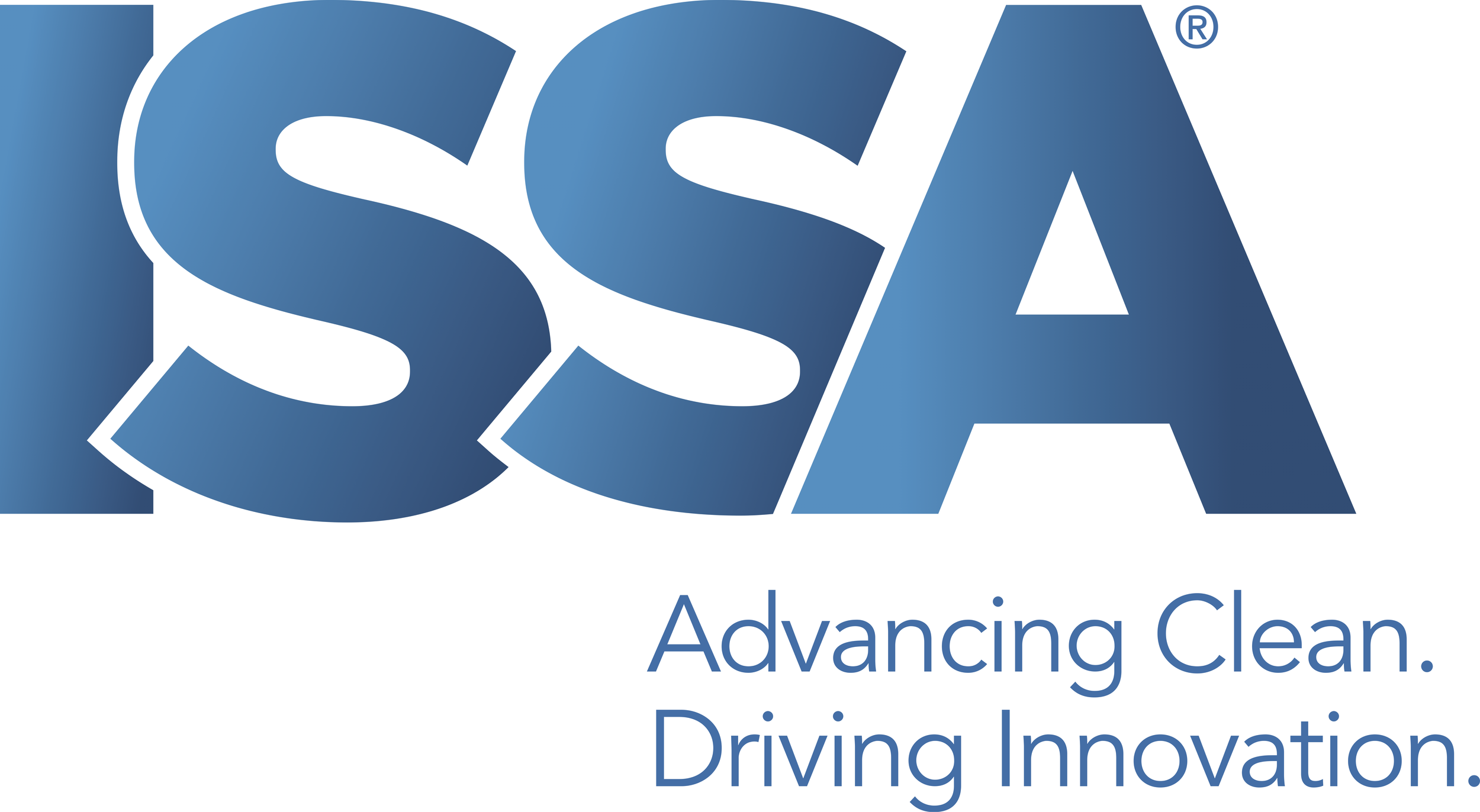We are a coalition of NGOs and menstrual health experts around the world committed to ensuring menstrual equity in our lifetime.
Meet our Coalition:
Days for Girls International is an award-winning NGO that increases access to menstrual care and education by developing global partnerships, cultivating social enterprises, mobilizing volunteers, and innovating sustainable solutions that shatter stigma and limitations for women and girls. Days for Girls envisions a world where people have knowledge, products, and supportive environments to manage their periods.
The Policy Project is a non-profit, non-partisan organization that promotes solution-based policies to remove barriers to opportunity. Best known for its work on The Period Project, an initiative that advocates to end period poverty in the United States and globally, The Policy Project works towards healthy, equitable policy for the future of our children, our community, and our world.
Zimbabwe
The Pad Project was started by a youth-driven community of students and educators in Los Angeles committed to the principle that “a period should end a sentence, not a girl’s education.” What began as a documentary film project highlighting a single village has expanded to an organization with global reach. In 2019, The Pad Project’s documentary film, Period. End of Sentence., won the Academy Award for Best Documentary Short. Since then, they have placed 12 pad-making machines in 5 countries, supported 8 washable pad-making programs in 7 countries, and funded 2 menstrual cup programs in 2 countries. In the U.S., The Pad Project has partnered with 45+ nonprofits and schools to help provide free menstrual products to those in need.
Canada
PSI-Europe is the Europe-based office of PSI, Population Services International, which works to transform lives at scale across the Global South. PSI-Europe is a key player in the global community of practice on menstrual health (MH), working to transform the agenda and accelerate change since 2018. To tackle the MH crisis and help push for a shift in approach globally, PSI-Europe has built evidence of the benefits of MH and advocated for key stakeholders to be more inclusive of MH in wider policy objectives and global goals, including sexual and reproductive health and rights (SRHR) and water, sanitation & hygiene (WASH).
Share the Dignity is an Australian charity working to ensure women, girls, and anyone with a period isn’t forced to face the indignity of period poverty when at-risk of or experiencing domestic violence, homelessness, or poverty. Through their biannual Dignity Drives and Dignity Vending Machines, they provide hundreds of thousands of period products to vulnerable people nationwide. They also collect bags filled with essential items through their #ItsInTheBag appeal to ensure the people they support receive a Christmas gift.
Founded in 2015, the Toilet Board Coalition accelerates business solutions to the sanitation crisis. The Coalition facilitates partnerships between small and medium-sized enterprises (SMEs), corporates, NGOs, investors and governments who share a commitment towards sanitation for all by 2030 (SDG 6.2). Its world-renowned Accelerator for Sanitation Economy entrepreneurs offers business model design, corporate mentorship and access to investment. The Coalition has graduated 58 SMEs to date, impacting 2.4 million people daily and unlocking US$22 million in finance. Its 80+ Members’ approach to sanitation leads to innovation in toilet design, circular recovery of biological resources, and smart digital technologies.
Meet our Menstrual Health Advisors:
Renjini Devaki is a published author and researcher with a PhD in Sociology with over 20 years experience in India, Canada, and South Africa. She is currently serving as a Monitoring, Evaluation, and Research Manager at MIET AFRICA. She is a co-lead in two Menstrual Health Management task forces based in Africa. Her leadership and expertise have been instrumental in promoting menstrual health as a critical health issue, advocating for policy changes, and promoting evidence-based practices. She has led research on menstrual health, including the Menstrual Hygiene Management and Absenteeism in Schools in South Africa, and User Acceptability of Washable Pads in South African schools and led the development of guidelines for menstrual health in schools.
Meet our Coalition Partners:
Coalition Partners lead the Period Positive Workplace initiative in their country or region.
Malawi
Neville Okwaro has served as a Menstrual Health Management (MHM) trainer for East and Southern Africa and built capacity of Government Officers from Nepal, Tanzania, Malawi, Sri Lanka, Afghanistan, Bangladesh, Maldives, India, Bhutan, Pakistan, Nigeria, Mozambique and Kenya on MHM. Neville worked with the Ministry of Health WASH Hub in strengthening WASH and MHM gaps, coordinating the National WASH actors and activities throughout Kenya. He has aided the development of Kenya’s Menstrual Hygiene Management Policy and Strategy, MHM in Schools Teachers Handbook, MHM Monitoring and Evaluation Indicators. Neville is a member of the African Coalition of Menstrual Health, the Global Menstrual Health and Hygiene Coalition and the Global MHM Measures Group. He also served as a steering committee member for WaSHPals MHM at the Workplace study conducted in Kenya advising on issues of Policy.
Dominican Republic
Ecuador
Finland
Georgia (USA)
India
Pakistan
United Kingdom
The Love Your Period Campaign
With more than 10,500 members – including distributors, manufacturers, manufacturer representatives, wholesalers, building service contractors, in-house service providers, residential cleaners, and associated service members – ISSA is the world’s leading trade association for the cleaning industry. The association is committed to changing the way the world views cleaning by providing its members with the business tools they need to promote cleaning as an investment in human health, the environment, and an improved bottom line. ISSA launched it’s End Period Poverty Campaign in 2022, because it believes menstrual-care solutions should be as available in away-from-home bathrooms as soap, toilet paper, and paper towels.



















